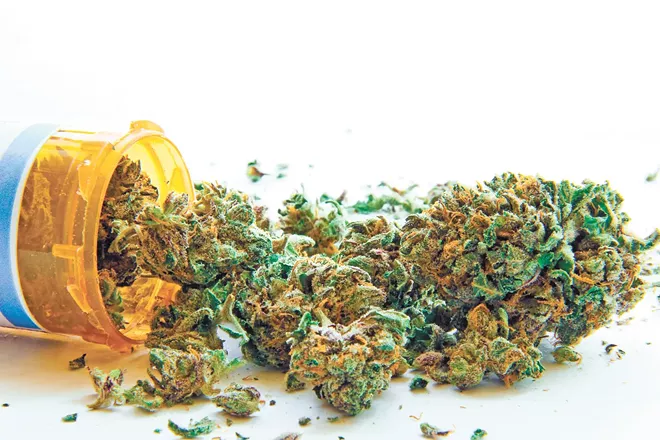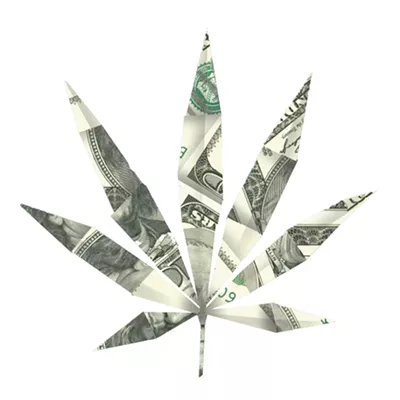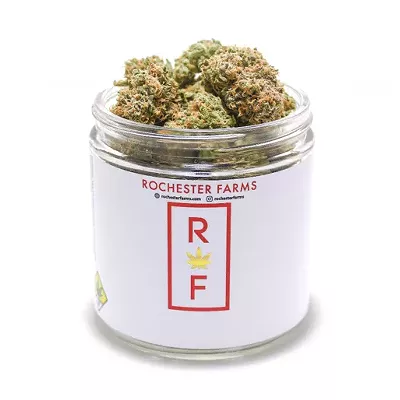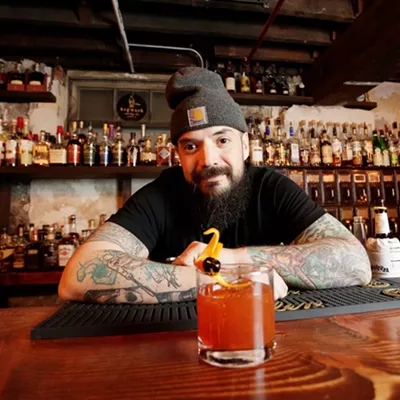Voters in Washington State legalized medical marijuana in 1998, 14 years before they legalized the recreational side. Nearly a decade since the latter, medical marijuana has faded into the background, but it still remains an option for people looking for relief.
Spokane County is home to 12 dispensaries with a medical endorsement. All 12 double as recreational dispensaries as well, but they differ in that a certified medical marijuana consultant is on staff. Jessica Gibson, medical marijuana consultant at Spokane Green Leaf, explained some of the nuances on the medical side of things.
"The biggest benefit would be quantity, because they can buy way more," Gibson says.
Recreational consumers are limited to possession of no more than one ounce of cannabis at a time, but medical patients are allowed up to three ounces of flower. They can also grow their own plants, which is illegal for non-patients. These elevated limits aren't just for convenience, though.
"A lot of my medical people have been on opioids for so many years," Gibson says. "I have a lot of veterans who are on medical. Their tolerance in general is already high. A 10-milligram candy doesn't affect them. When they grow they can make ediblesthat are more concentrated than what we sell in the store."
To qualify for the medical program, a patient must have a terminal or debilitating medical condition, defined by the state Department of Health as, "a condition severe enough to significantly interfere with the patient's activities of daily living and ability to function, which can be objectively assessed and evaluated."
There are 13 specifically listed qualifying conditions including things like cancer, post traumatic stress disorder and glaucoma.
Patients with a qualifying condition must also talk with a health care provider to be approved. Once that happens, they're able to access the medical marketplace and the patient care-focused amenities it brings, like in-store medical marijuana consultants.
"The difference with the experience in how I talk with the medical, compared to the recreational clients, is big. I can let them know about CBD, CBN and how they affect cannabinoid receptors," Gibson says.
There's also a difference in the specific products geared towards medical patients.
"Now companies are coming out with vegan products, non-GMO products and full-spectrum products so you're getting the full benefit of the plant. A lot of my medical patients take to those products." ♦





















